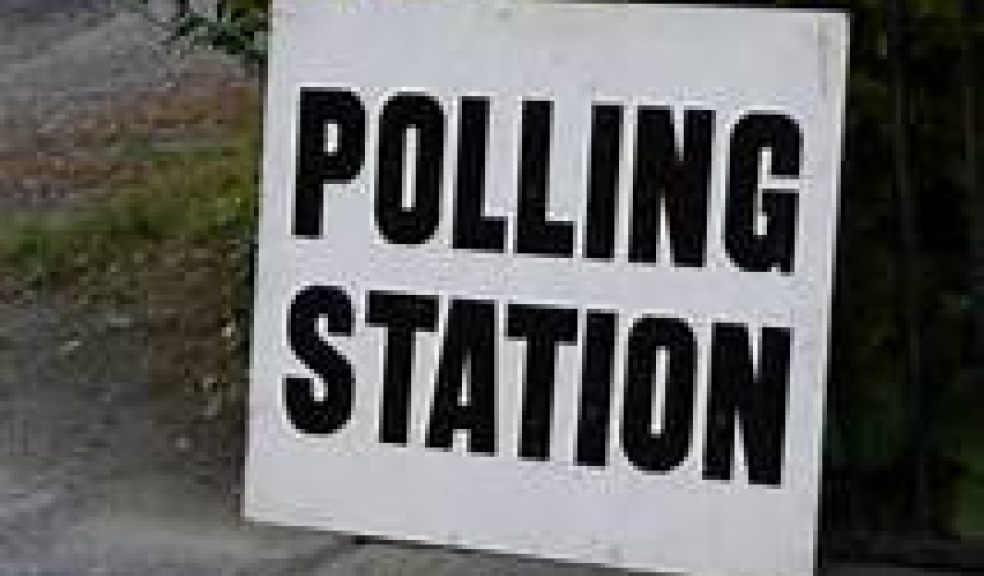
Hubris or Humility?
Five years ago the Diocese of Exeter submitted plans to construct six small-scale wind turbines on its land in three different parishes in north Devon.
These were part of an overall strategy for the Church of England in Devon to reduce its Greenhouse Gas carbon emissions. In the event the planning applications were withdrawn amidst an ambience of acrimony and unpleasantness.
In retrospect, it was agreed the process could have been better handled and there were lessons to be learned. However, the continuing legacy of the whole process was to release dubious forces of animosity and division which last to this day.
This pervasive ‘nastiness’ was, on the whole, invoked by people’s fear and uncertainty about the future, and therefore triggered a reaction which was fully self-motivated and self-protective.
I sense that the same kind of bitterness is now threatening to engulf us all as we head towards the 2017 General Election. The country is painfully divided and frightened, and extreme reactions are magnified through the media, unsettling us all. Racism, xenophobia and cultural hostility are on the rise. Cynicism prevails and lies become acceptable. All this, and more, is extremely nasty – especially if you are on the receiving end.
This is not to say there should not be political challenge and cut and thrust debate, which are both fundamental parts of our evolving democracy. But when the entire election seems to split people or communities and we are apparently possessed by a spirit of the ‘uncommon bad’, we need to ask deeper questions. Feeling bitter is not necessarily a healthy motivator for change.
Pope Francis, in his recent TED talk, speaks rather of the need for a ‘revolution of tenderness’. Love is the tenderness which starts in the heart and extends to the eyes, ears and hands to shape a different future. “Tenderness is being on the same level as the other” he said compassionately.
To politicians and decision makers he adds, “The more powerful you are, the more your actions will have an impact on people, and the more responsible you are for acting humbly. If you don’t, your power will ruin you, and you will ruin the other”. Prospective Parliamentary Candidates please note!
Through public elections people of faith are called to remember that they are also citizens and therefore have responsibilities for both the local community and the wider society in which they live. We are invited to make choices that will have consequences not only for our civilisation now but also for the future. The decisions of politicians today will determine life in this world for generations to come…
The media and others will pressurise us into voting for those who say they will deliver good things for us – actions which will enhance our security or safety, policies which favour our communities and our households.
Yet deep at the heart of the Gospel is a message to be concerned and caring for the most vulnerable people in our world – those whose human growth is stunted by disease or poverty or oppression. All Christians have a moral duty to look beyond their own interests and speak up for justice and kindness in a broken world. For us there is a vision of a different kind of society where the gifts of all are included, and the needs of all are met. Some of us recognise this as the Reign of God, in which the first shall be last and the last shall be first; in which peaceful means of managing conflict are preferred to violence and war, in which strangers are welcomed; and in which people are enfolded in kind-heartedness at times of real uncertainty.
We therefore vote not only for ourselves but more for others, voting out of tenderness not bitterness.
‘Everything begins in mystique and ends in politique’ said spiritual writer Charles Péguy. So to speak up for the poor, the planet and the future are central actions that grow out of a prayerful life which may begin in the mystery of God but always ends in political action…
May these sentiments influence the choices we make more than the clamour of appealing to our selfishness, greed or fear. In the end we are judged not by how we feather our own nests by how we care for the other.




















